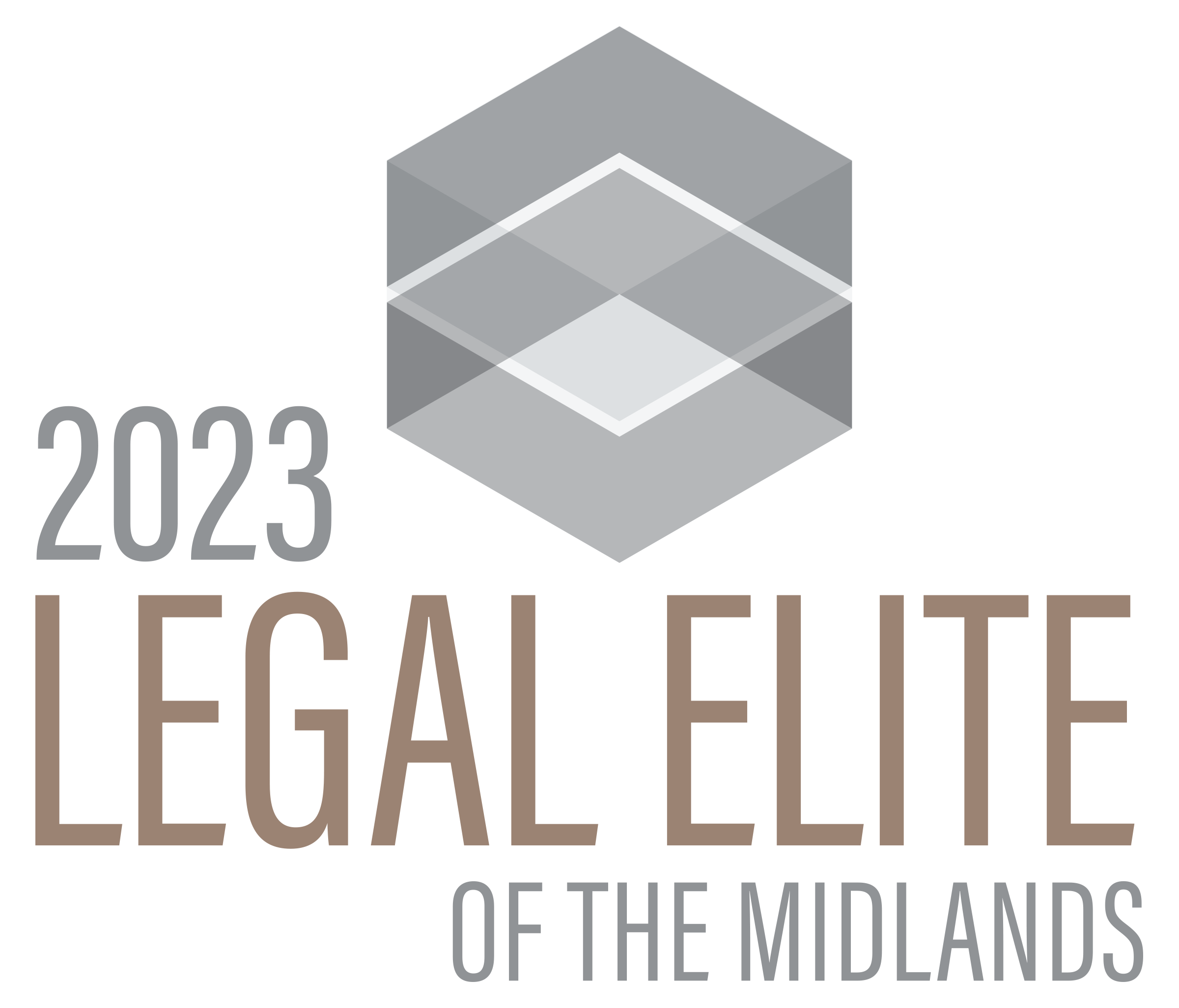

When someone suffers harm due to another’s actions, they often seek compensation through a lawsuit. Two common types of damages awarded in these cases are compensatory vs. punitive damages. Understanding the difference between these two is crucial, especially if you’re considering legal action. A Columbia, South Carolina, personal injury lawyer can help you make sense of these legal terms and fight for the compensation you deserve.
What Are Compensatory Damages?
Compensatory damages help to reimburse a person for the losses they’ve experienced. These damages aim to make the injured party “whole” again by covering costs associated with their injuries. Think of it as restoring what was lost due to someone else’s actions. Some examples of expenses and losses covered by compensatory damages include:
- Medical Bills – This includes any immediate costs for hospitalization, medication, testing, and other care received after an accident.
- Long–Term Care Costs – This may include any expenses related to nursing home care, home healthcare services, rehabilitation, therapy, medical devices, and other care needed in the months to years following an accident.
- Lost Wages – This type of compensation helps to offset the impact of being unable to work and earn wages. It can cover any wages lost from taking time off work to recover and also any long-term loss of earnings resulting from a permanent disability.
- Property Damage – This helps cover the cost of repairing or replacing property damaged or destroyed in the accident.
- Pain and Suffering – An award of compensation for pain and suffering can help to cover the physical pain, emotional suffering, and anguish brought on by an accident and injuries.
For instance, if you are in a car accident and your hospital bills total $10,000, those costs may fall under compensatory damages. In this case, the goal is to make sure someone else’s negligence does not financially burden you.
What Are Punitive Damages in a Lawsuit?
Alternatively, punitive damages go beyond compensating for losses. These damages act as a punishment toward the defendant for their wrongdoing, intending to discourage others from behaving similarly. They are usually given in cases where the defendant’s actions were especially harmful or intentional.
What Qualifies for Punitive Damages?
Not every case involves punitive damages. These are usually reserved for situations where the wrongdoer’s behavior was reckless, fraudulent, or malicious. For example, a company knowingly selling defective products that cause harm may pay punitive damages.
Difference Between Compensatory and Punitive Damages
Understanding the difference between compensatory damages vs. punitive damages is important when pursuing legal action. While compensatory damages focus on covering your actual losses, punitive damages serve as a penalty for the responsible party.
Compensatory damages reimburse the victim for losses and cover tangible and intangible costs, while punitive damages punish the wrongdoer and deter others. In most personal injury cases, victims receive compensatory damages. However, punitive damages are reserved for extreme cases.
Examples of Punitive Damages
One well-known example of punitive damages comes from cases involving large corporations. For instance, if a pharmaceutical company knowingly hides the dangerous side effects of a drug, a court may award punitive damages to punish the company and send a message to the industry.
How Are Punitive Damages Calculated?
Calculating punitive damages isn’t a straightforward process. Courts often consider:
- The severity of the defendant’s misconduct
- The harm suffered by the victim
- The defendant’s financial standing
In some cases, punitive damages may be a multiple of the compensatory damages awarded. For example, if compensatory damages total $100,000, punitive damages could range from $300,000 to $1,000,000, depending on the case’s specifics.
Cases Where Punitive Damages May Be Awarded
Courts award punitive damages when defendants engage in fraud, gross negligence, or intentional harm. Here are some examples:
Product Liability
Manufacturers who knowingly sell unsafe or defective products put consumers in danger and violate public trust. Punitive damages punish these companies for their negligence and encourage safer production practices. This helps enforce efforts for manufacturers to prioritize safety and transparency over profit.
Environmental Damage
Companies that knowingly pollute communities harm both the environment and the people living there. Punitive damages serve as a strong warning to businesses to follow environmental regulations. These consequences also push industries to adopt cleaner, more sustainable practices to protect public health.
Intentional Assault
Defendants who intentionally harm others, such as through assault, cause physical and emotional damage to their victims. Punitive damages hold them accountable for their actions and send a message that courts will not tolerate deliberate harm. This helps victims find justice while discouraging similar behavior in the future.
Who Gets Punitive Damages?
Punitive damages are awarded to the victim, but they also serve a broader purpose by holding the defendant accountable and discouraging similar behavior in the future. These damages often highlight the importance of seeking legal help when faced with these situations.
Why You Need Legal Help

Understanding punitive damages vs. compensatory damages can be overwhelming, especially when you’re dealing with the aftermath of an injury or accident. That’s where our team at Goings Law Firm, LLC comes in. We have the knowledge and experience to evaluate your case, explain your options, and fight for the compensation you deserve.
Our team has handled cases involving both compensatory and punitive damages, fighting for fair outcomes for our clients. Whether you need guidance on what compensatory damages are or want to know what punitive damages are in a lawsuit, our law firm is here to answer your questions and support you every step of the way.
Contact Our Personal Injury Attorneys
When it comes to pursuing a case, having a team you can trust is essential. At Goings Law Firm, LLC, we’re dedicated to standing by your side and fighting for the justice you deserve. We’ll break down legal jargon, discuss options like compensatory damages vs. punitive damages, and guide you through the legal process with care.
If you are wondering whether your case qualifies for punitive damages or need help understanding your rights, don’t wait. Contact us today at (803) 350-9230 for a free consultation. Let us use our skills to help you get the compensation you deserve. Check out our recent case results to know why you should trust us.






























